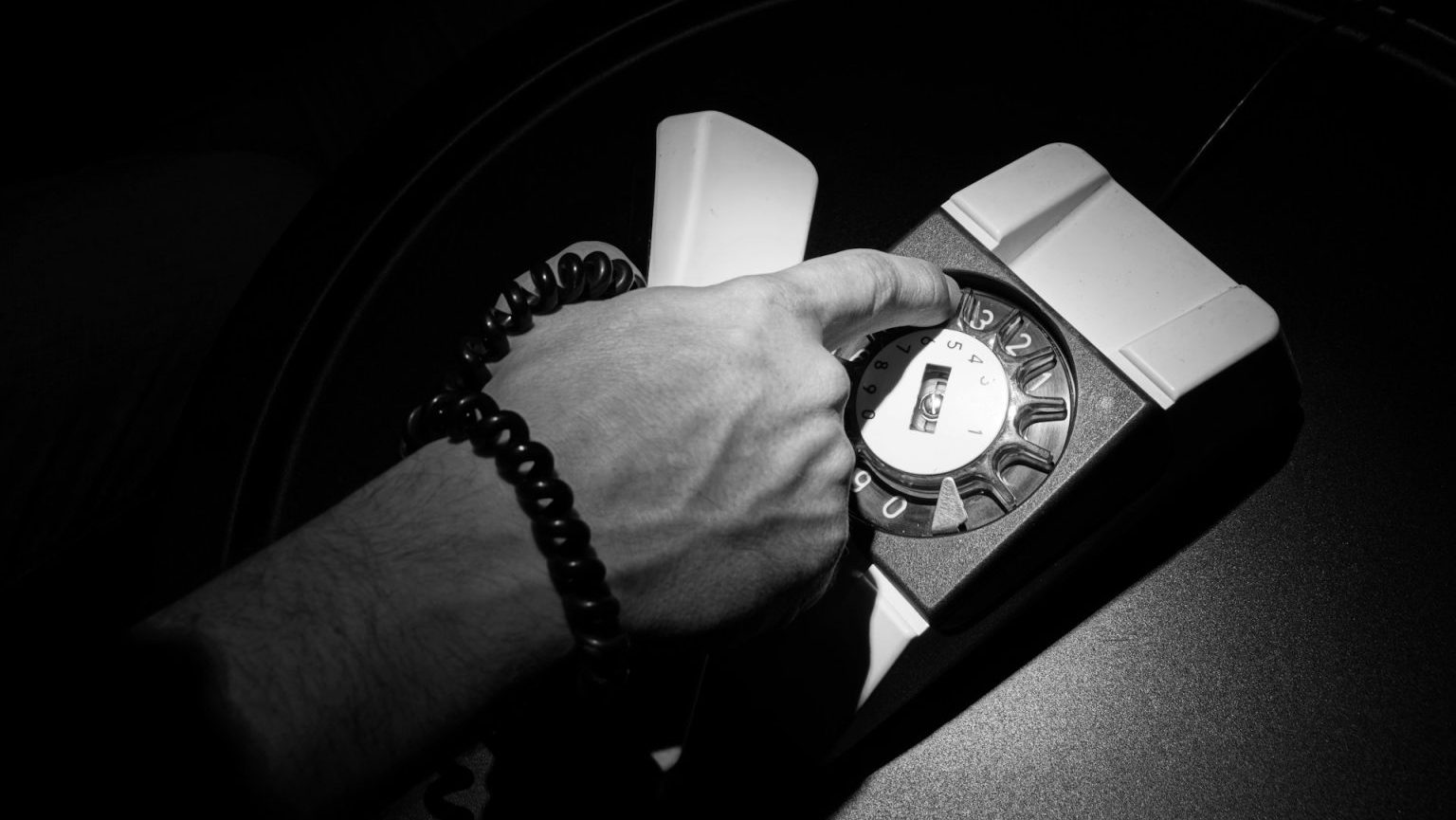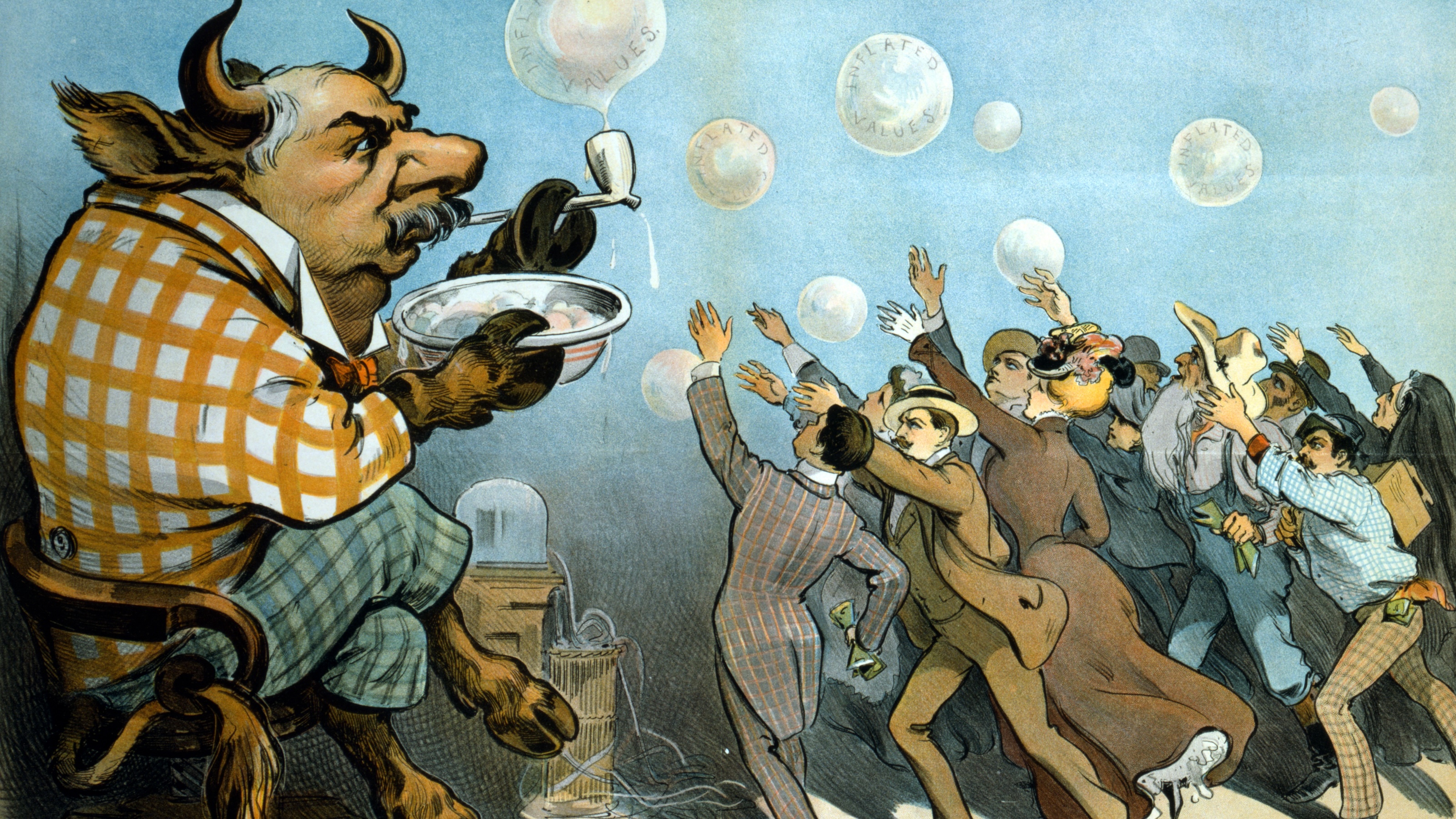Pepin, on the importance of technique.
Question: What makes a great chef?
Jacques Pepin: Well there is great cook and great chef. Certainly the cook itself or a great chef in some restaurants very often don’t have that much to do with the cooking anymore. You go to the Waldorf Astoria for example, then the chef will have to contend with several banquets of 1,000 . . . 1,500 people. So he will go organize, of course work out his menu, taste here and there, but that’s about it. So that’s what . . . If you wanna make a distinction between, in a sense, a pencil chef and a skillet chef, you know – and the skillet chef being someone who will have a small restaurant . . . someone like Thomas Keller here, and will be behind the stove cooking day after day, you know morning after morning. So that’s really someone who is involved in the cooking itself. Both of those are chefs. But by definition I am not a chef unless I work in a professional kitchen with other people who are working for me. Then I am called a chef – which is the “chief” in France – to run that kitchen. When I go back at home I am the cook there. My wife is the chef. You know it’s different.
Question: How has a chef’s training changed?
Jacques Pepin: I mean there is so many young chef coming now, and are exciting with what they are doing. I mean even at the French Culinary Institute where I teach here in New York, I am amazed by those young chefs, what they can do in six months of the program, which is 600 and something odd hours . . . what they can do at the end of those 600 hours, I would never have been able to do that after three years of apprenticeship. Even after five years. We learned in a totally different way. When I was a child, we stole the trade with . . . That is, you would ask the chef, “What is this?” And he would answer some type of stupidity. You say, “What is that sauce called?” And you would say, “A sauce non not,” which means nothing at all. He would never tell you how to do anything. And one day he would tell you. Tomorrow, you start at the stove. So you learn through a type of osmosis, looking, and eventually you know how to do it. You become very proficient with your hands, because there was a lot of technique and a lot of manual work to do – shopping, slicing, mincing and so forth . . . cleaning of the kitchen and so forth. Now in a place like, for example, the French Culinary Institute and most of the school, it costs first a fortune. So you cater to the people. You show them. You explain and all that, meaning that they learn much, much faster. However they are not quite as proficient with their hands as we would have been . . . as we were. You know when I was an apprentice, it was a different type of learning way, you know?
Question: Is the apprenticeship process still important?
Jacques Pepin: It’s absolutely, extremely important, yes. Because like any type of manual trade, you have to learn the technique. You have to be a good technician, and this is what I concentrate on in my teaching, in the technique. You know and things which are very often difficult to explain in word that are very visual . . . I mean from shucking an oyster, to doing a _________, or ________ a chicken, or doing an omelet and so forth – this is technique that you have to repeat, and repeat, and repeat, and repeat so much that by the time you absorb them, then you cannot afford to forget them. And then you can afford to think in terms of what the vegetable . . . I’ll do maybe the texture will go well with that. The color will go well with that. Maybe I’ll sauté that. You think in term of the future, the dish in your hand, work automatically and prepare those things. As long as you are totally obligated . . . You know if you ________ by the slicing of an onion, and someone comes around and says, “Do you have any parsley here?” and you say, “Don’t disturb me,” because you are working on that kind of menial task of slicing the onion, you cannot move forward. You have to get rid of that. And by getting rid of that you have to practice, practice, practice it enough so that you cannot afford to forget it. Just like if you’re a painter, you know, you work two or three years in a studio, and you learn how to . . . the law of perspective. And you learn how to mix yellow and blue to do green. And you know you can do “that” with your thumb and with a spatula and all that. So you kind of learn the trick of the trade, meaning that after three years you can stand outside and you can do one painting after another. Does that make you a great artist? No. You’re a good technician. That’s what you are. Well in the kitchen, likewise. You know you have to become a good technician. And I’m sure a surgeon as well as a mason first have to become good technicians before they move forward, you know?
Question: The importance of technique
Jacques Pepin: Behind the technique itself – that is, the knowledge of whatever trade it is – then there is, of course, talent. And there is . . . There is also someone . . . the willingness of doing this, and you have to keep at it. And there is a certain discipline involved in that. So the discipline . . . as long as with the talent, with the proper technique, with a certain openness to learn with other people, eventually you reach to a certain level where you can express yourself. Because in the kitchen, certainly all you have to say is “Yes chef” as an apprentice. That’s all you have to learn, you know. Because a chef is not going to ask you your opinion. You go work at Daniel or Jean Georges in New York, or any of the great restaurants and you are going to do what the chef wants there. Because the kitchen has been set up by someone with a great chef and has a vision of the way the food should be. So you are there to learn. So you absorb and you learn, and you change a year later and work with someone else who will not do exactly . . . probably who will not do the same thing in the same manner. So you learn another way, another point of view, another way of looking at things. And after you do that for a number of years . . . seven, eight, 10 years, then you have absorbed an enormous amount of material which you kind of regurgitate if you want __________. ________ get that through your own sense of aesthetic, through your own sense of idea. And then you start creating your own kind of cuisine with your own ideas at that point.
Recorded on: 09/04/2007






